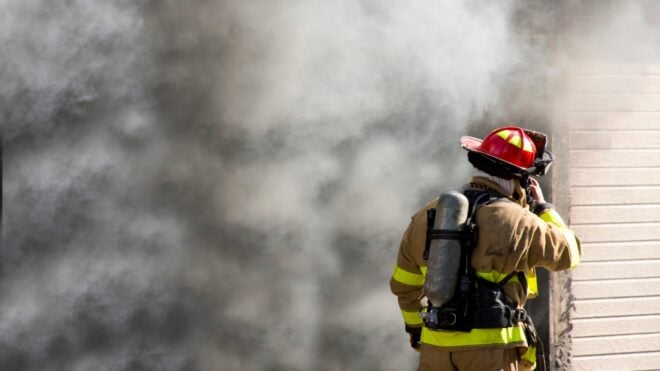The day you get your first pimple is marked by sadness. Though there are many great things about growing up, red dots on your face are not one of the perks. However upsetting your newly found breakout may be, it's rationalized by the idea that you will grow out of it.
Unfortunately, adult acne follows many people well past puberty. I, for instance, didn't start to break out until I was in my 20s.
Raging teenage hormones aren't an excuse anymore for most adults with acne, but that doesn't stop zits from popping up (and begging to be popped, for that matter).
So, if we no longer have our awkward body changes to blame for our breakouts, what is their source?
As it turns out, there are plenty of factors that can contribute to your breakouts that have nothing to do with being young.
Learn about what may be causing you to breakout past the age of 35.
Thumbnail Photo: Pixabay
Pimple Cause #1: Genetics
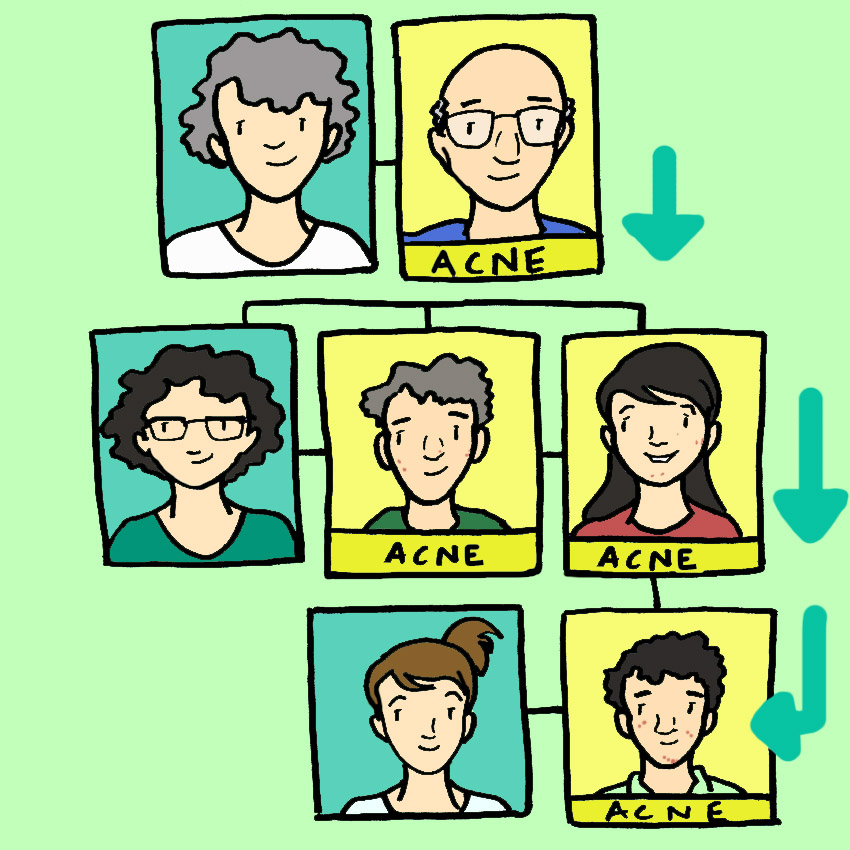
If you're one of the lucky ones who descended from a long line of people with perfect skin, then you probably aren't even bothering to read this.
However, if you can think of one or more older family members who've had adult acne, studies show that this will make you more likely to suffer the same fate, as reported by the American Academy of Dermatology.
Pimple Cause #2: Your Cycle
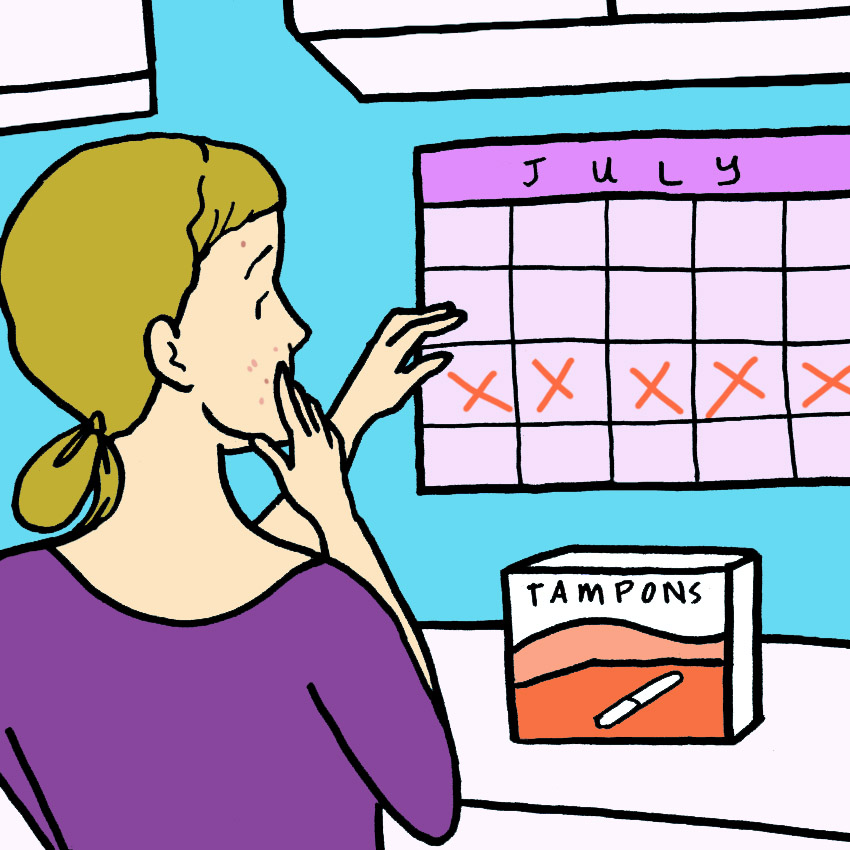
Even though puberty and the hormonal changes that go with it are behind you, that doesn't mean that your hormones are done wreaking havoc on your body quite yet.
Enter: your period! Sometimes our monthly gifts don't come alone and are accompanied by some side effects. This includes acne and is due to our bodies reacting to hormone fluctuation.
Women might also notice pimples popping up during early pregnancy, or in the weeks after giving birth.
Pimple Cause #3: Stress
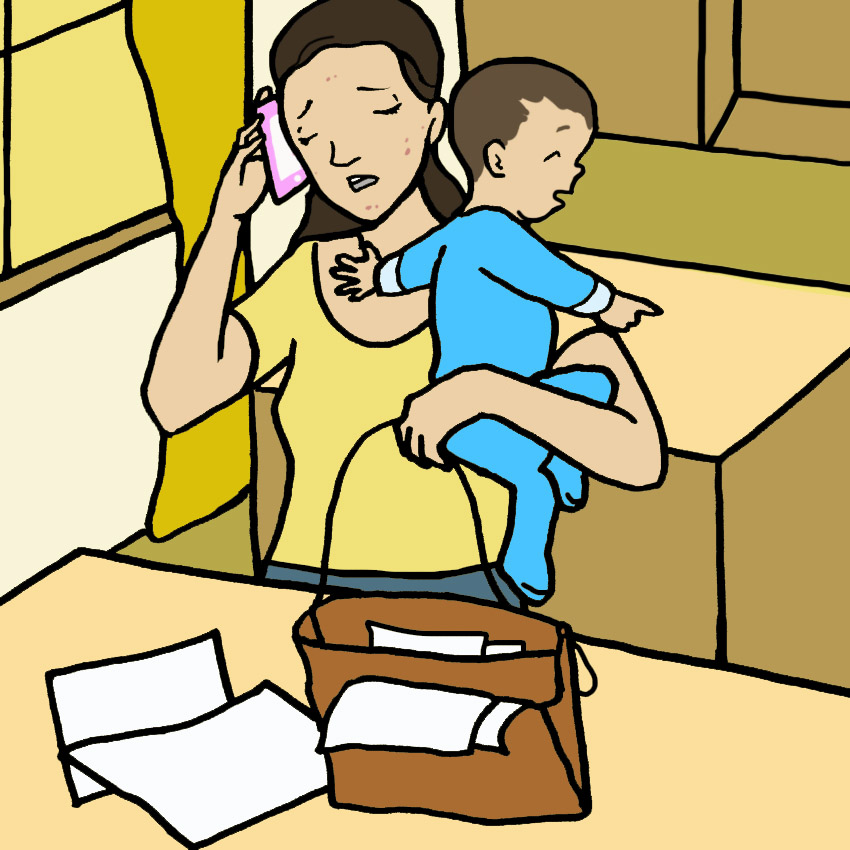
If you're anything like me, the thought of a zit stresses you out. Turns out, this is very counterproductive because stress can actually cause acne.
The International Dermal Institute attributes chronic stress as one of the leading causes of adult breakouts. Interestingly, this is one of the reasons why adult acne is on the rise.
Pimple Cause #4: Air Pollution
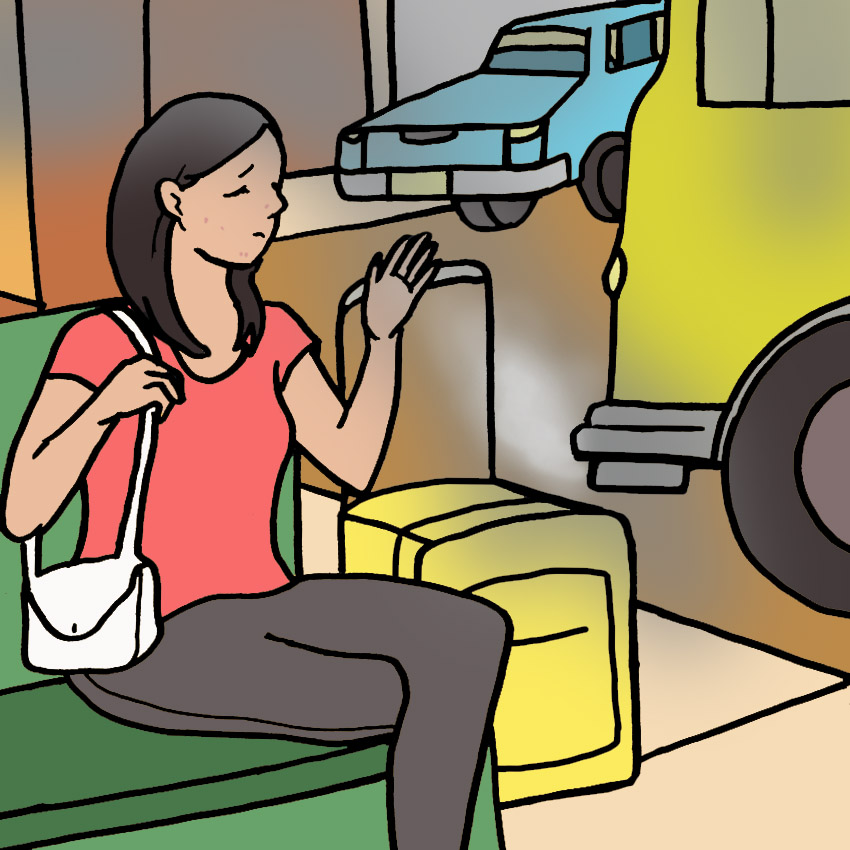
We're all familiar with the detrimental effects that air pollution has on the environment, but apparently, the impact can also be seen on our faces.
Air pollution is damaging to the skin. Toxins and pollutants can land on your skin, blocking and irritating your pores.
If you live in an urban area or one that receives a lot of air pollution, you may be able to trace your adult acne back to your location.
Pimple Cause #5: Using The Wrong Products
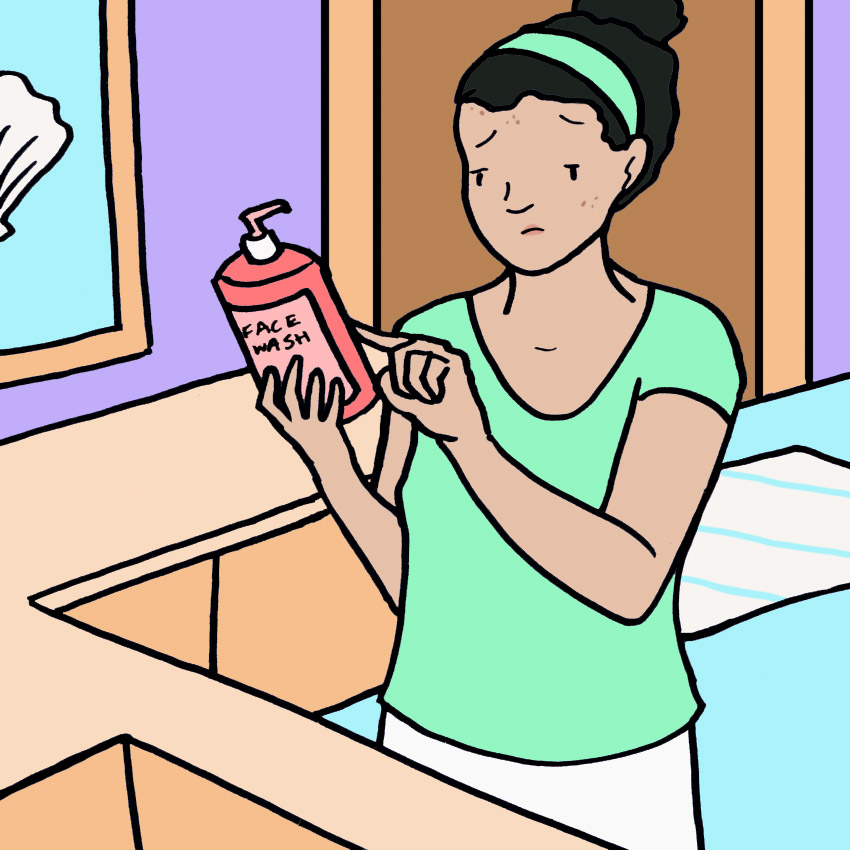
Beauty products are of course supposed to help keep us beautiful. Unfortunately, some of the ingredients in products can actually do more harm than good for some people.
The American Academy of Dermatology warns that the best products for acne prevention must include the following disclaimers:
- Non-comedogenic
- Non-acnegenic
- Oil-free
- Won’t clog pores
Pimple Cause #6: Washing Your Face Too Much
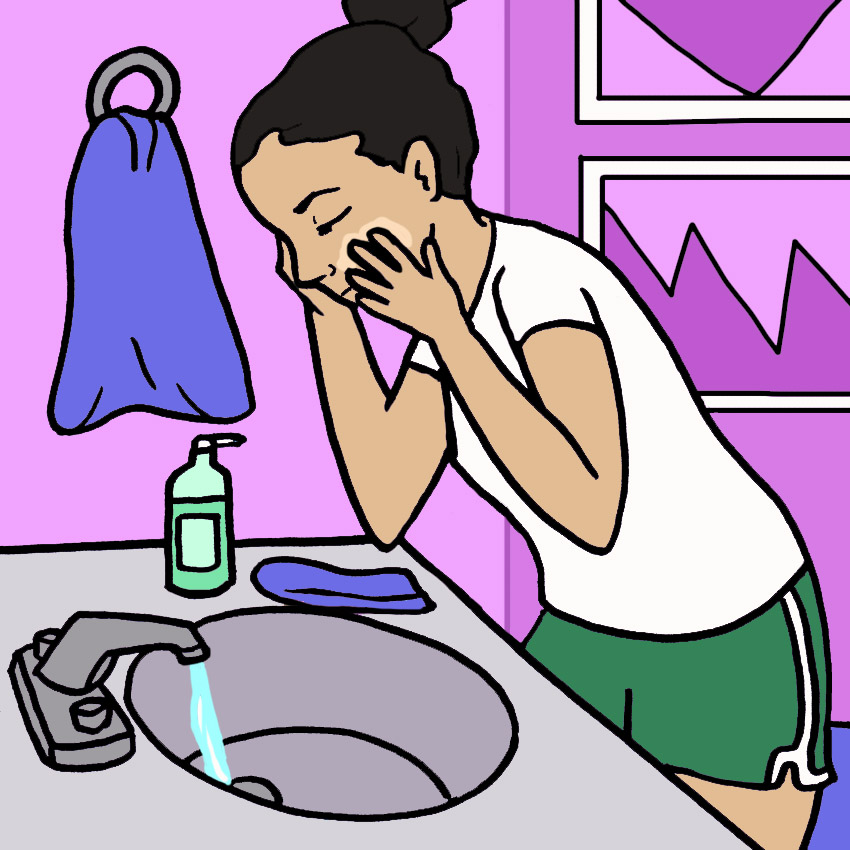
Whoever said that there can't be too much of a good thing got it wrong, at least when it comes to how frequently you should wash your face.
Washing too often can strip your skin of its natural oils and dry it out, which in itself can irritate your face, cause excess oil production, and trigger acne.
Resist the urge to wash too much and let your skin do its thing.
Pimple Cause #7: Too Much Sugar

Eating sugary foods isn't only causing cavities, it's also a source of acne.
According to Forbes, a diet high in sugar can lead your body to develop an insulin resistance, which can cause acne, unwanted hair growth, and dark patches on the skin.
Sugar is also a major food-source for acne-causing bacteria, so excess sugar can make pimples flourish.
If you think that your acne might be sugar-related, cut back on the sweets. Hopefully, you'll notice a difference in your complexion soon after!
What To Do?
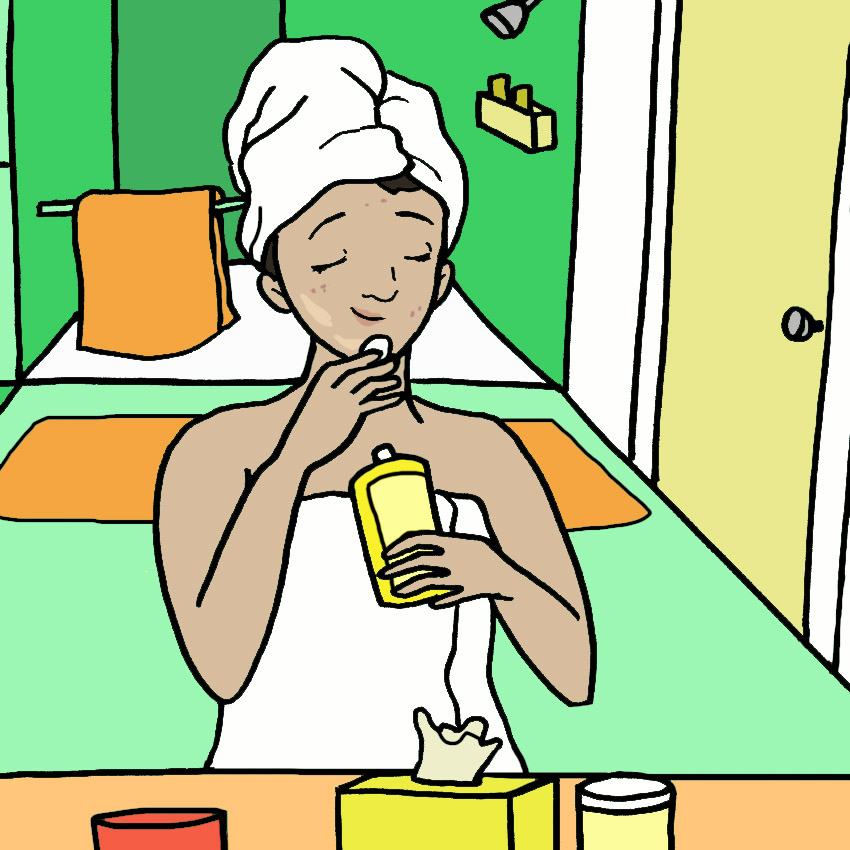
As you may remember from your teenage years, there is no foolproof pimple-busting method.
However, you can use these causes as a guide of things to avoid in order to improve your complexion.
Using products with salicylic acid, a healthy diet, and a low-stress lifestyle will all help get your skin back on track.
Make sure to SHARE these tips with your friends!

